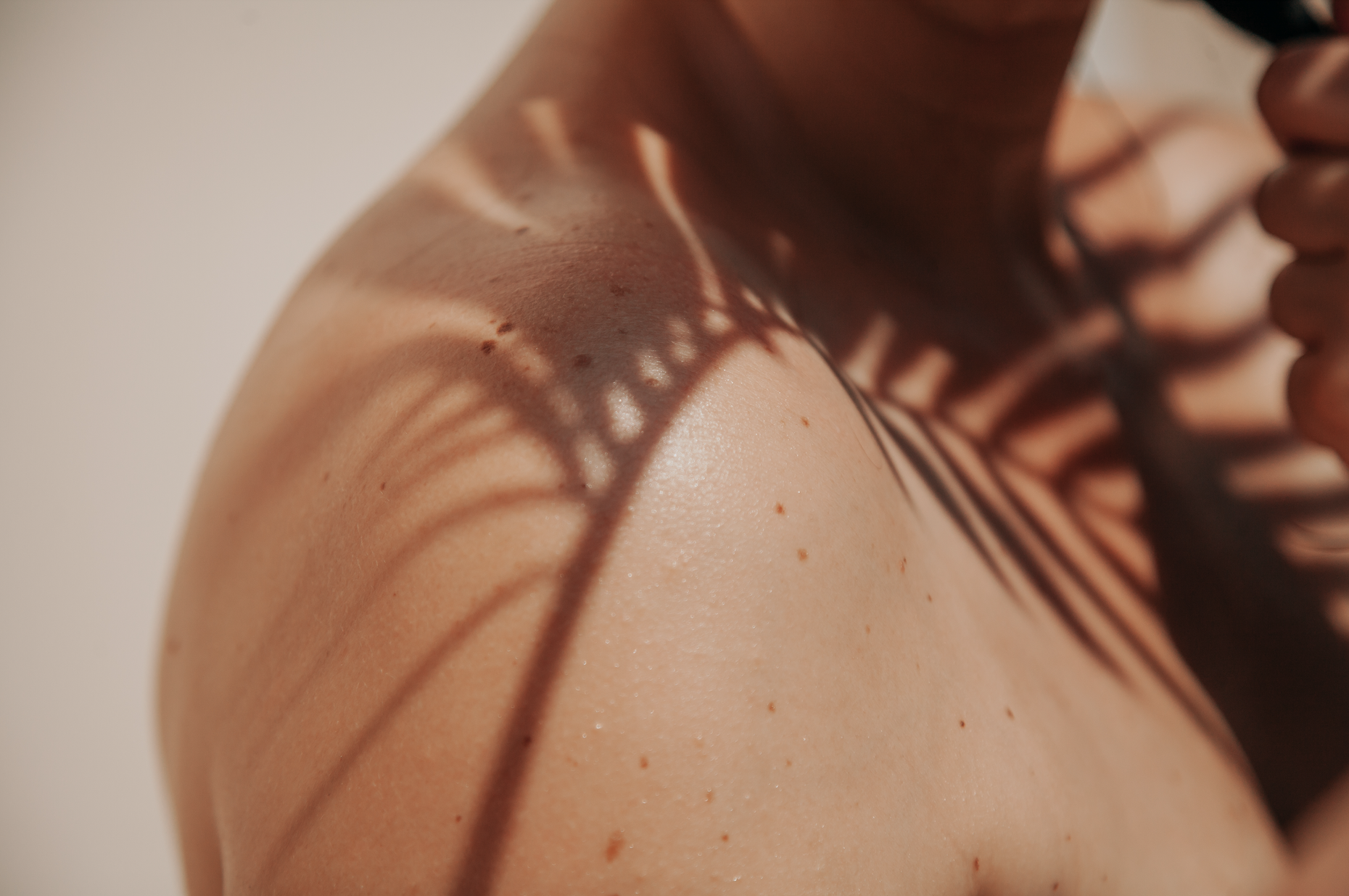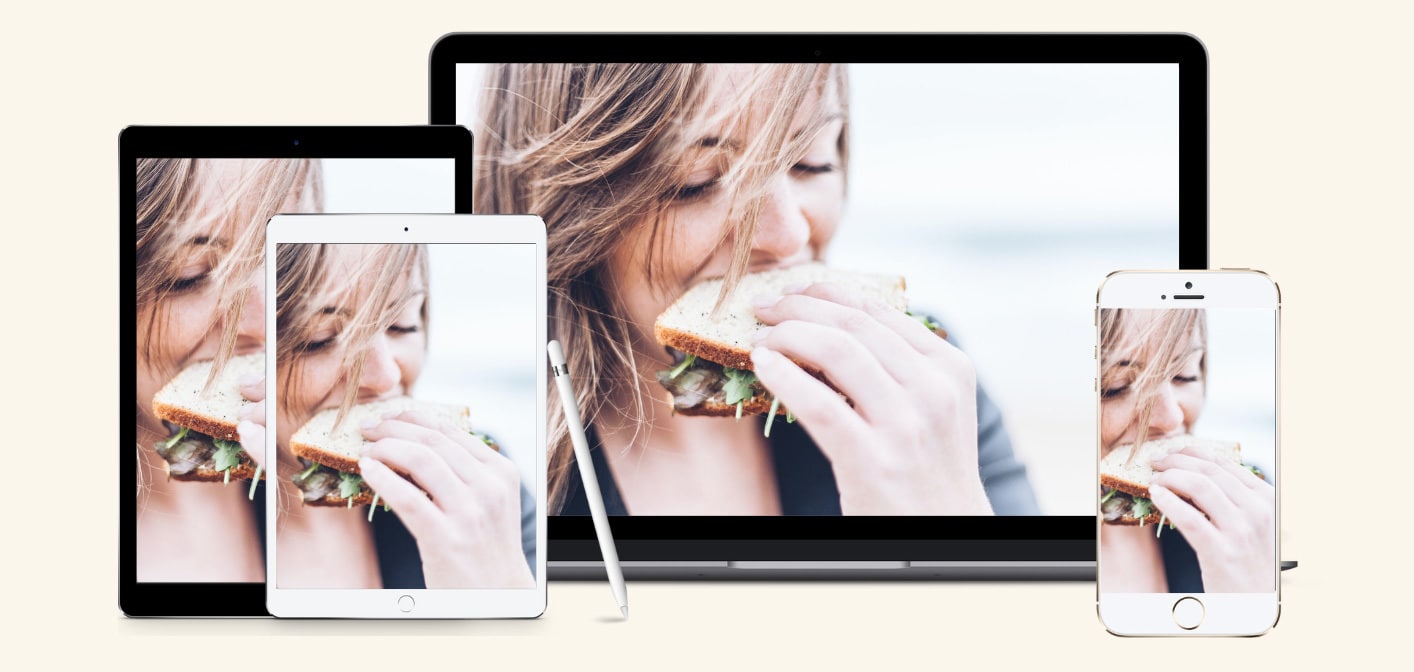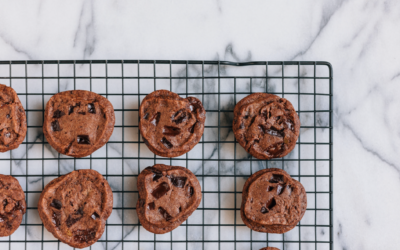Do you ever feel shame, anxiety or disgust when seeing photos of yourself?
When it comes to hating yourself in photos, there’s a spectrum. On one end the thought is “Uh I don’t love how that looks” but you can move on with your day and life. On the other end, there is “I look absolutely hideous and disgusting” and a shame spiral that can ruin the rest of your day/week/month.
If you find yourself somewhere on this spectrum, and you’ve clicked on this article, I’m guessing this is something you’re wondering if you can change. Well, the good news is, you can change how you feel and stop hating yourself.
Will you be able to get to a place where you always love the way your body looks in photos?
Probably not.
There might never be a day when you look at every photograph of yourself and love the way your body looks in it. But you don’t have to love how your body LOOKS to be able to feel kindness and compassion toward yourself in the photo. And that’s really the goal.
Let’s get into some practical steps, reflections and activities you can use to stop hating yourself in photos.
Credit for many of these tips goes to the brilliant body image coach, Brianna Campos. You can find more of her stuff on her website https://bodyimagewithbri.com/.
Tips for How to Stop Hating Yourself in Photos
1) Remind yourself that what you are looking at isn’t the whole picture
The truth is photos can’t capture the whole story. They can’t tell us who we are. They are simply a record of a millisecond in time.
Also, how a photo turns out is affected by many factors. The lighting, the lens, the angle, the colouring, and our surroundings all change the way we appear in photos.
This post by @alexlight_ldn demonstrates this brilliantly:
We are living, breathing, wonderful 3D human beings who simply cannot be captured in our entirety by a 2D picture.
2) Reframe your expectations of the photo
One of the most intense triggers of photo grief is when you feel pain because your body in the image doesn’t appear the way you expected it to. This is the trap of body perception.
We’ve all felt it, and it sucks.
The best method to avoid getting stuck in those feelings of shame and self-criticism is reframing.
Reframing happens when you realise that instead of changing your expectations of your body, you need to change your expectations of the photo.
Before doing the activity:
- Let’s assess – do I have the capacity to explore this now?
- Can I mitigate any unnecessary discomfort I’m experiencing? (like can I wear some comfy clothes, call a friend etc.)
Try these journaling prompts by Bri next time you find yourself hating how you look in a photo. Grab your journal and look at the photo that caused you distress.
Instead of focusing on how you think your body should have looked, highlight the experience in which the photo was taken. Sans emotion. Imagine you are Indiana Jones on an exploration – now is the time for just facts and information.
- What is the worst part about this photo?
- Are there any memories you can hold on to that don’t have to do with your body?
- Before the photo – were you able to be present? What are some things you remember about being in this moment?
- If your body distress consumed you, what might you have been able to appreciate about this photo (consider how a close friend or a loved one may appreciate the photo)
If you reframe the way you think about photos, you are allowing yourself to focus on the joy you felt when making those memories. You are giving yourself space to see everything else the photo might offer you beyond your perception of your body.
3) Ask yourself: where do my beliefs about my appearance stem from?
Perhaps when you were looking at the photo you thought you looked too fat? Too old and wrinkly? Was your skin creased or spotty? Your cellulite was illuminated? Your face looked asymmetrical and ugly.
Consider for a moment that these perceptions we have of ourselves only exist because of cultural and societal frameworks we have taken on as truths. The ability to spot this is called “critical awareness” and it can be a protective factor when it comes to body image.
We were not born with beliefs about how we look. They were handed down to us by a culture that has formed and morphed beauty and body ideals to sell things and keep certain groups of people oppressed (sounds extreme but it’s true).
From a very young age, we are taught that our value in the world is linked to how we look and to others’ perceptions of how we look. Many of us are taught to diet, wear makeup, dress, and get beauty treatments to look a certain way to be accepted, respected, and loved.
And even if we’re not taught it but our families, the indirect messaging is everywhere on TV, in social media and even in the healthcare industry
It’s not until we open our eyes to this messaging, that we can start to shut it out (if we want to).
And it’s not to say that wearing make-up or having beauty treatments is inherently insidious. More than it’s worth being aware of why we do these things in the first place. What if we didn’t believe that grey hair, freckles, love handles or belly rolls were an issue, would we still spend so much money, time, or mental energy trying to “fix” those things?
Don’t forget – the majority of images on tv, in movies, on social media, and in ads, are all heavily filtered and edited. So you may be comparing yourself to an unrealistic, impossible standard.
4) Follow accounts on social media that show diverse and realistic bodies
Expose yourself regularly to photos of others that show realistic, diverse bodies and their “imperfections”. This, in turn, will help you view images of yourself from a more realistic, hopefully kinder angle.
Instagram accounts like
@bodyimagewithbri
@danaemercer
@thebirdpapaya
As well as a load more examples we share on our free resource page: https://nudenutritionrd.com/free-resources/
Looking for more support?
We are a team of Intuitive Eating Counsellors, Registered Dietitians and Therapists. We provide online non-diet nutrition therapy, body image healing, and intuitive eating coaching, to help you find food peace, happiness, and freedom. We can work with you if you’re feeling stuck with food, and your body image, you have a diagnosed eating disorder, disordered eating, and/or have other needs in the mix – like Irritable Bowel Syndrome, (or gut issues you feel are linked to food), Diabetes, Polycystic Ovary Syndrome (PCOS), Fertility, Pregnancy, or have Sport specific needs. We offer comprehensive support via online nutrition consultations designed to get you the results you desire! Book a free 20-minute discovery call with us today.





